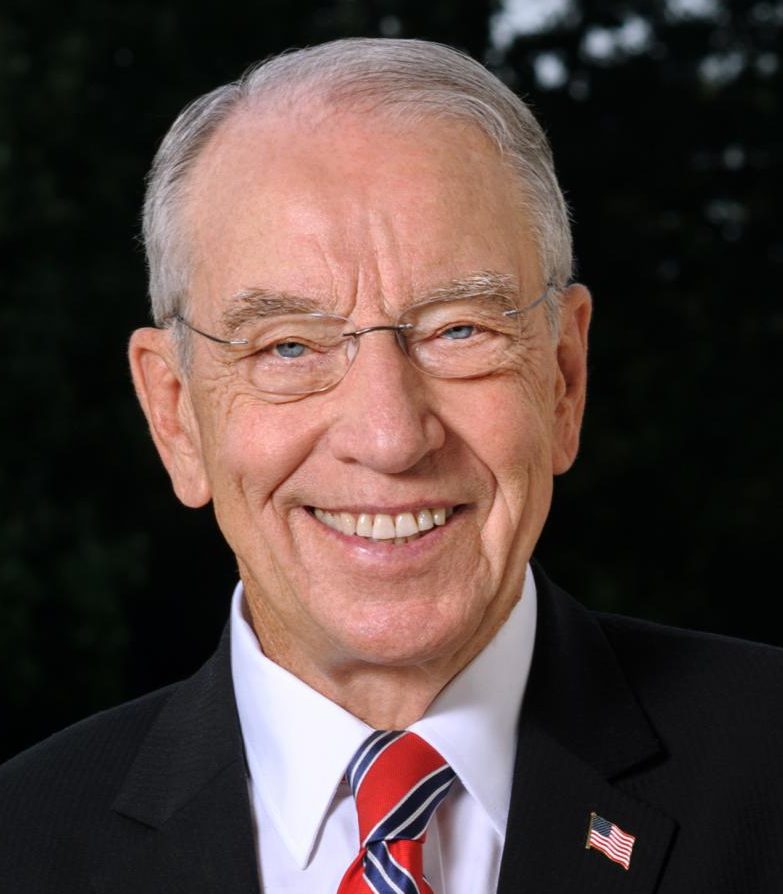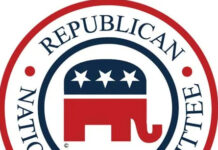In 1984, when faced with $200 billion deficits and a national debt nearing $2 trillion, an emphatic Democrat Sen. Joe Biden warned of “economic disaster” unless Congress took “dramatic actions on deficits right now.” He was advocating for a government-wide spending freeze – a bipartisan proposal that he and I led to restore fiscal restraint to the federal government.
Today, our total national debt has surpassed $31 trillion – 15 times larger than 1984. Our public debt as a share of our economy – a frequently used measure to assess debt size over time – hovers around 100%, compared to 35% when Sen. Biden was warning of “economic disaster.” Yet last year, President Joe Biden touted a $1.4 trillion deficit as some kind of fiscal victory.
Now, after enduring recent supply chain bottlenecks, record fuel prices and soaring inflation, Americans face yet another looming economic crisis that could risk the full faith and credit of the United States. Absent intervention, the federal government will fail to meet its debt obligations later this summer.
It’s a product of repeated failures at all levels of the federal government and of both political parties to get serious about the budget, deficits and debt. Digging out of this hole demands action from all corners of government. Unfortunately, though, this administration fails on the fundamentals.
For the third straight year, Biden missed the deadline to submit his budget proposal to Congress. That follows his party’s $5 trillion spending spree. Wednesday, Feb. 15, the Congressional Budget Office released The Budget and Economic Outlook, which projects the federal budget for the next 10 years. The report paints an even bleaker picture than expected. The very same day, Senate Democrats held the first Budget Committee hearing of the year – on climate change.
Biden and his administration have thus far refused to entertain any discussion of the spending addiction that got us here. Contrary to Biden’s claims, the need for deficit reduction is not a ransom; it’s a reality.
The national debt has ballooned at an alarming rate in recent years, accelerated by COVID-19 spending and continued bipartisan opportunists eager to exploit a crisis. Congress’s official scorekeeper warned that debt at these levels risks “significant economic and financial consequences.”
In six years, the public debt will exceed the record percent set in 1946. But while spending and debt subsided after World War II, the debt is now projected to hit 195% of our economy by 2053.
Government borrowing will increasingly crowd out private investment, leading to slower economic growth and lower wages. A greater portion of Americans hard-earned tax dollars will be diverted away from government services to meet our debt obligations.
Within a decade, interest on the debt will exceed what we spend on national defense. In 30 years, annual interest costs will eclipse the cost of Social Security and Medicare.
Getting our fiscal house in order is an economic and national security imperative. The longer we wait, the greater the risks.
Debt limit action is frequently paired with new budget controls, and Biden supported such strategies in the 1980s and ‘90s. There is no good reason to abandon that logic now. Biden should begin bipartisan negotiations with Speaker Kevin McCarthy, R-Calif., and congressional Republicans in earnest. We owe it to the American people to move past the dysfunction.
Biden and his administration have thus far refused to entertain any discussion of the spending addiction that got us here. Contrary to Biden’s claims, the need for deficit reduction is not a ransom; it’s a reality.
Congress routinely fails to perform its most basic budgetary functions. We haven’t debated any one of the 12 annual appropriations bills on the Senate floor in the past three years. So, we’re routinely left navigating 11th-hour government funding fiascos in the shadow of a shutdown.
Returning to fundamentals is a critical step in restoring fiscal sanity. Appropriations Chair Sen. Patty Murray, D-Wash., and ranking member Sen. Susan Collins, R-Maine, have announced a commitment to regular order. The Senate Budget Committee should follow suit.
The sooner congressional appropriators have direction on target spending levels, the sooner we can restore regular order in these broken processes.
Republicans are eager to get to work. We must protect the full faith and credit of the United States, but if we don’t combine a debt limit increase with meaningful action on federal spending, we are destined to face the same challenge, only with fewer options next time.
















